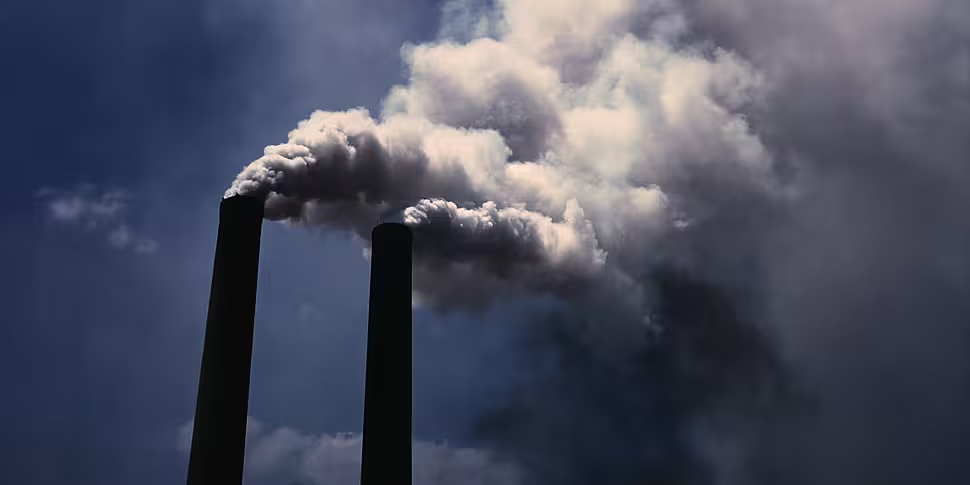A Green Party MEP says the carbon tax has to be brought in 'to put a price on carbon' for consumers.
Ciarán Cuffe was speaking as new ESRI research suggests any such tax would push more people into fuel poverty.
Estimates show that a 1% increase in fuel prices for residential heating due to a carbon tax will raise the proportion of people experiencing fuel poverty from 11.5% to 12%.
People Before Profit TD for Dublin South-Central, Bríd Smith, told Newstalk Breakfast the approach of the carbon tax is all wrong.
"I'm not opposed to carbon taxes if they're focused on the right target.
"And the problem with the carbon taxes, the way they're focused is that they're focused on ordinary people - most of whom cannot afford to make the changes that are required: i.e spend several thousand euro on retrofitting their home... in order to cut down on the amount of carbon they use to heat their homes.
"Or to change their mode of transport, because there isn't sufficient decent public transport near where they live.
"What I think should happen with carbon taxes is they should be put on the profits of the industries who are the biggest polluters."
She says this could include the fossil fuel and plastic industries.
While she says the tax on individuals is set to keep going up.
"Carbon tax isn't new, it has existed - what's happening here is that the budgets are going to now allow for a year-on-year increase on carbon taxes.
"Show us where the action is coming from Government to tax the profits of the industries who are polluting this planet in a very, very heavy way.
"And show us where the efforts is coming from Government to say to them 'We're taking money off your profits because of the polluting nature of your industry, but you cannot pass that on to the consumer'.
"So the ordinary people... are getting hit time and time again, and they can't afford to make the changes that are required".
Mr Cuffe says he agrees that 'super profits' of carbon-intensive industries should be taxed, but should not stop there.
"But we also need to send out a price signal to consumers.
"The problem with - for instance - putting all the tax on petrol and gas companies is that they will pass that tax on, and that will impact severely on people on low incomes.
"So we do need to tax them, but we also need to put a price on carbon because that sends a signal that we need to change".
However, Deputy Smyth says the argument that putting a price on carbon will force people to change behaviour does not hold up.
"The theory behind what Ciarán is arguing is that if you put a carbon price on everything people's behaviour will change.
"But how do they afford to change their behaviour - to get out of that diesel car and on to a nice clean Luas that'll take them to work - when the public transport is inadequate... and how do you change from your gas fire in the morning in the winter?"
UN warning
The ESRI says eradicating fuel poverty is a goal in Europe, and the European Commission has established the Just Transition Fund to protect households most affected by the climate transition.
The fund will invest in measures to protect vulnerable households and reduce fuel poverty.
But it adds that environmental policies, such as carbon taxation, could increase the challenge of reaching this goal.
"Little is known about the effects of carbon taxation, improvements in energy efficiency, changes in energy consumption, and lump-sum transfers on fuel poverty or poverty in general", the ESRI says.
While a UN report has warned that the world is set to hit the global warming limit of 1.5° Celsius in the next 20 years.
The United Nations review found humans are unequivocally driving climate change, and some of the recent "unprecedented" changes are already irreversible.
It says heatwaves, flooding and droughts will be more frequent and intense, amid an already visible increase in extreme weather events.
"Every region on Earth" is being affected by the changes - from increasing temperatures to rising sea levels and changes in rainfall levels.









